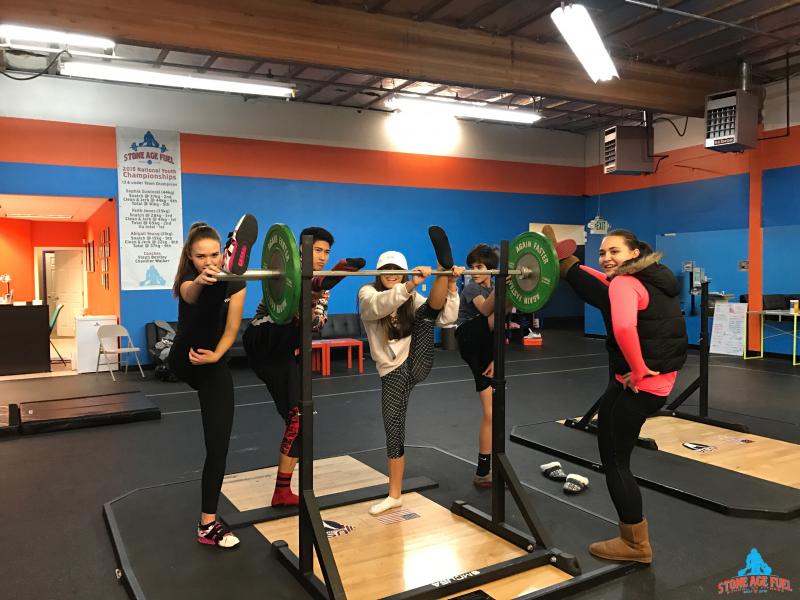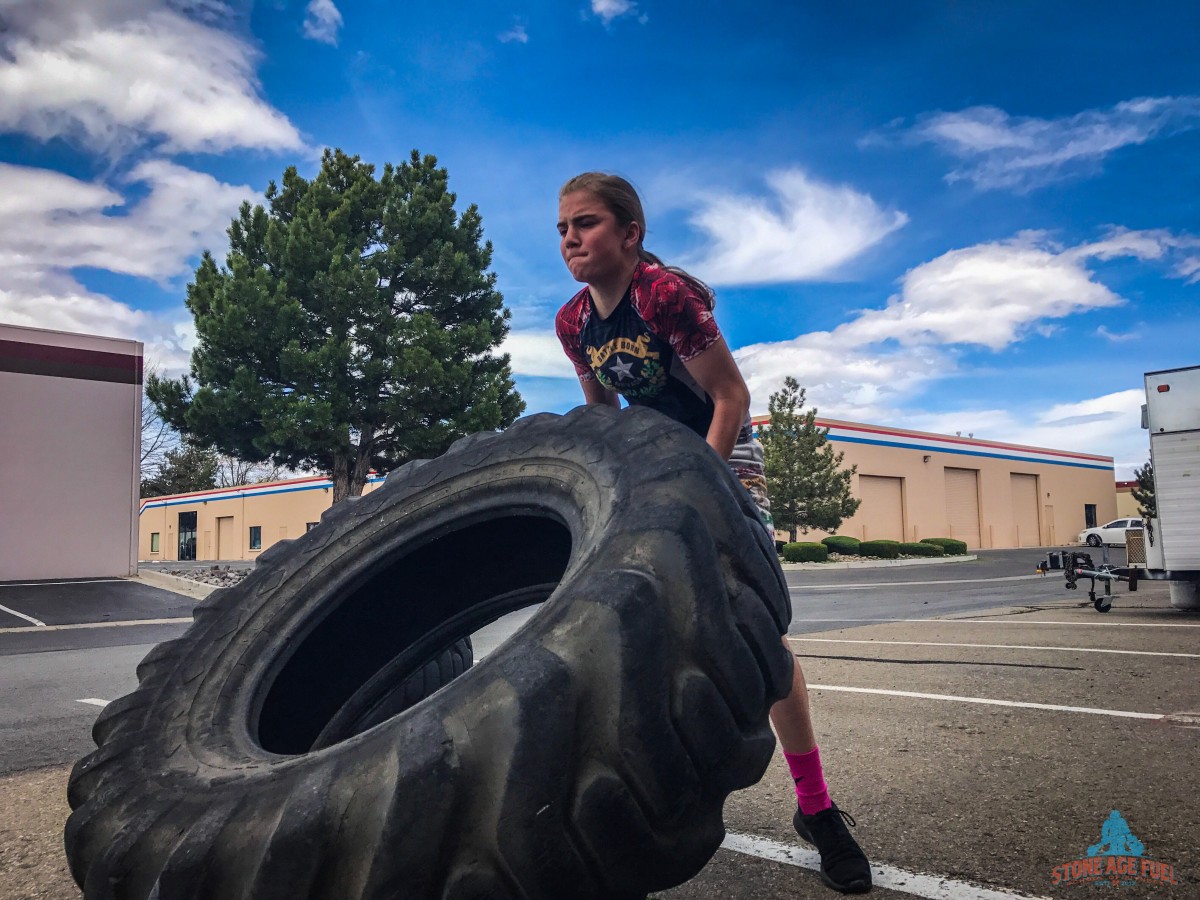Youth Weightlifting and Building the Mindset to Succeed
Youth think and act much differently than adults and react to training in a much different way as well. When building a youth program the coach has a direct influence on how the young athlete will think about his or her training and how they will react when the training is difficult or when it doesn’t go the way they would like it too.
One of the biggest things to focus on when training youth athletes in weightlifting is to teach them that it’s going to be full of ups and downs and that the PRs will eventually slow down, but that doesn’t mean that they are not good or that the fun stops. A good coach will emphasize that every new position or a double or triple in each lift is a new personal record and will congratulate the young athlete for this.
Each training session when they are younger will be mostly bar and GPP work with a little squatting and a ton of fun! As they progress in age and skill level the training sessions will become more and more serious. At some point, they will see gains in their lifts slow down and we can’t emphasize enough how important it is to reassure them that they’ve gained in consistency and that the technique exhibited in their lifts has increased tremendously. Show then their progress from practice and meets. This gives them the little bit of encouragement and the reassurance that they are still doing well and that their coach is very proud of them.
When your youth start competing they need to be trained in the ability to shut off all the stimulus they will receive before they step on the platform. When they first go out there it will be overwhelming and scary. Show them that they can focus on a single point on the wall and that they need to take a deep breath, focus on the task at hand and visualize making the lift. We have our youth learn to visualize the sticky points and then visualize themselves making the lift through those sticky points. This sets them up for success zeroing in on what they need to focus on to be as successful as possible. Finally, when a meet doesn’t go well for them it’s important to emphasize that they did an incredible job leading up to the meet and that they trained as hard as they could, but sometimes it doesn’t go as well as they had hoped. From here create a plan with them to be successful in the next meet.
The competitive mindset must be pursued in youth in a progressive fashion that begins with fun and moves into a very supportive role as they gain in age and skill level.





